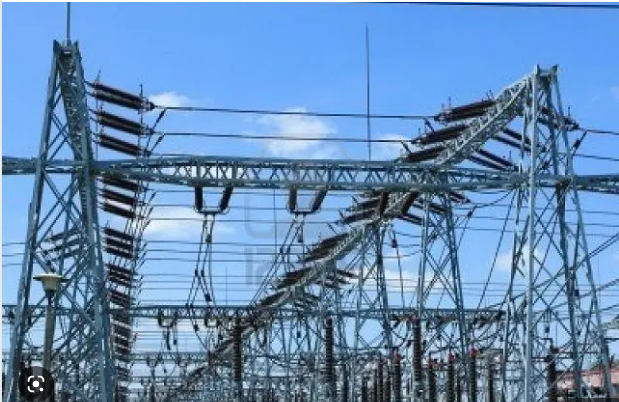
The Fifth Alteration Bill No. 33, also known as the Devolution of Powers, grants states the authority to generate, transmit, and distribute electricity in areas that fall under the national grid.
Dafe Akpeneye, the Commissioner of Legal, Licensing, and Compliance at the Nigerian Electricity Regulatory Commission (NERC), stated that NERC's principle has always been to collaborate with any state or entity that shares the common objective of ensuring a reliable power supply.
He spoke during a two-day stakeholder workshop on the Constitutional Amendment and Electricity Act 2023, which began yesterday in Lagos.
The commission provided highlights of the event via its Twitter handle @NERCNG, monitored by our correspondent
According to Musiliu Oseni, the Vice-Chairman/Commissioner of Market, Competition & Rates at NERC, the new Electricity Act has the capability to bring about a significant transformation in the entire electricity supply industry. Oseni further highlighted that states are confronted with crucial decisions and choices that carry significant implications when it comes to nurturing and developing the sector.
"It is crucial for states to embrace a collaborative mindset, concentrate on load growth, prioritize enhancements in quality, prioritize customer satisfaction, and strive to improve liquidity. These factors are essential in supporting the growth and success of the electricity sector."
NERC has also stated that the available capacity for electricity generation is not fully utilized. Oseni explained that only 53 percent of the available capacity is utilized due to various challenges, including issues with gas supply, transmission and distribution constraints, as well as commercial challenges.
As of July 11, the total energy generated in the Nigerian Electricity Supply Industry (NESI) was 4,078.3MW.
NERC Fourth Quarter 2022 Report said the average available capacity of 4,497.32MW was available generation capacity.
As per the report, 75 percent of the available electricity generation capacity is derived from gas, while the remaining capacity is contributed by hydro sources. Solar and biomass sources make up a very small and insignificant percentage of the overall capacity.
However, as of June 6, the installed generation capacity was 12,522MW.
In addition, the House of Representatives expressed its dissatisfaction with a 14-year blackout in Irele, Okitipupa, Ese-Odo, and Ilaje local government areas (LGAs) in Ondo State. The House mandated its Committee on Power (once constituted) to invite the General Manager/CEO of the Benin Electricity Distribution Company (BEDC) to explain the persistent electricity blackout in the aforementioned areas. The House also resolved to invite the Transmission Company of Nigeria (TCN) to provide an explanation for the disconnection of these LGAs from the national grid.
The House aims to collaborate with NERC to resolve any disputes and facilitate the reconnection of the affected LGAs. The Committee on Power has been given a deadline of eight weeks to report back on the matter.
These decisions were made following the adoption of a motion titled "Need to Investigate the Electricity Blackout in Irele, Okitipupa, Ese Odo and Ilaje LGAs of Ondo State," which was sponsored by Odimayo Okunjimi John.
The House acknowledged that the primary responsibility of the government is to create a conducive environment for citizens to carry out their social and economic activities without hindrance. It expressed concern that several communities in Irele LGA, Okitipupa LGA, Ese-Edo, and Ilaje LGA have been without electricity since 2014. This prolonged blackout has caused significant hardship for citizens, leading to the closure of small and medium enterprises (SMEs) and the collapse of local businesses. The high cost of alternative power supply has also affected those who attempted to use generators to sustain their activities.
The House further noted that the younger generation in these communities, born in the past 15 years, has never experienced public electricity supply and is accustomed to using lamps, torches, candles, or generators as their only means of power. This situation has resulted in massive job losses and has negatively impacted the foreign exchange earnings of companies operating in the affected areas.
Copyright © ENTREPRENEURSHIP DEVELOPMENT INSTITUTE 2015. All rights reserved.
Powered by: C.B.N